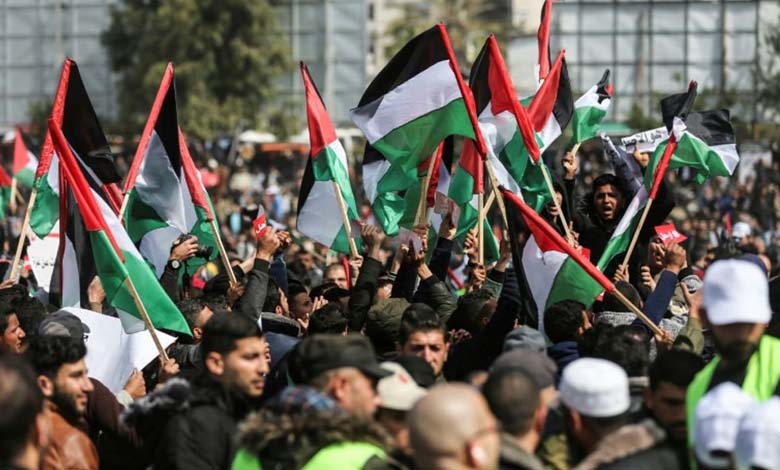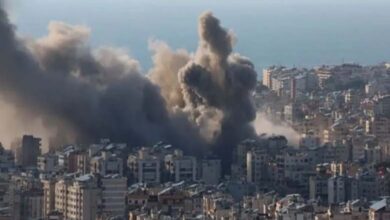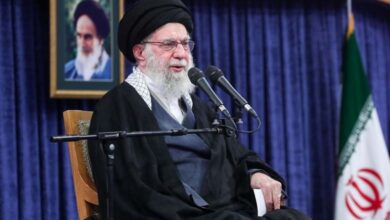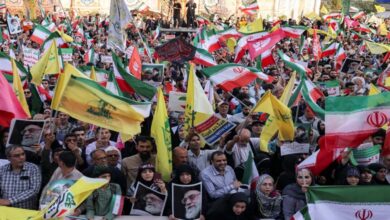Why is Hamas inciting Jordanians? A journalist explains the movement’s objectives

Journalist Hussein Al Rawashdeh explained the reasons that led four senior leaders of Hamas, both political and military, to issue calls to the Jordanian people, specifically the tribes, to join the resistance in Gaza and break the borders to advance towards Palestine, questioning: does this fall within the context of incitement against the state or at least embarrassing it? Is the intention to create internal strife within the Jordanian society?
In an article published in the Jordanian newspaper Al-Dustour titled “Hamas Eyeing Amman; Why Now?” Al Rawashdeh presented several contexts from which these calls emerged. Firstly, these statements coincided with a visit by a Hamas delegation to Tehran; it is worth noting that on our northern and eastern borders, militias affiliated with Tehran are moving to disrupt our national security.
Al Rawashdeh continued to explain that for about 25 years, relations between Jordan and Hamas have been strained. While Hamas has attempted to open a political channel with Jordanian authorities, these attempts have been rejected, and communication has remained limited within a security framework.
The Jordanian state deals with the Palestine Liberation Organization and the Palestinian Authority, recognized internationally, and not with any organization or faction. At the start of the war, Khaled Meshaal issued a call to Jordanian tribes to move to the borders, resulting in an official Jordanian protest to his office asking him not to repeat such statements. He apologized, but repeated the call, followed by simultaneous movements of other Hamas leaders, prompting successive reactions to lean on the state and disrupt its security, denying all previous commitments and promises not to interfere in Jordanian affairs.
Regarding the third context, Al Rawashdeh stated that over the past six months, the political leadership of Hamas has remained in constant contact with several organizations and personalities in Jordan, with some Jordanian figures traveling to several capitals and meeting with Hamas representatives, within the framework of coordination and exchange of views. Each time, Hamas‘s request has been to use the street to pressure the Jordanian state to engage in the battle of Gaza, according to high specifications. This was evident in demands for demonstrations and slogans that we have recently seen clearly.
Al Rawashdeh emphasized that despite disagreements among Hamas leaders, both internal and external, as expressed by several organization officials, the “eye” of these leaders is still focused on Amman because they believe that pressure on Jordan and its incitement to engage in the Gaza battle constitute a point of convergence between these leaders and a way out of the war as well. They believe that the only factor to rebalance the power is to inundate the region with chaos by creating micro-states within the state, which would join military conflict extensions, as seen in Syria, Iraq, Lebanon, and Yemen.
Al Rawashdeh concluded his article by saying: “It seems that Hamas leaders have confused the Jordanian position of supporting the resistance and the Palestinian people and our brothers in Gaza with the state’s position towards resistance factions that may operate on Jordanian territory. The former position is understandable, justified, and declared, while the latter cannot be accepted or allowed.”












